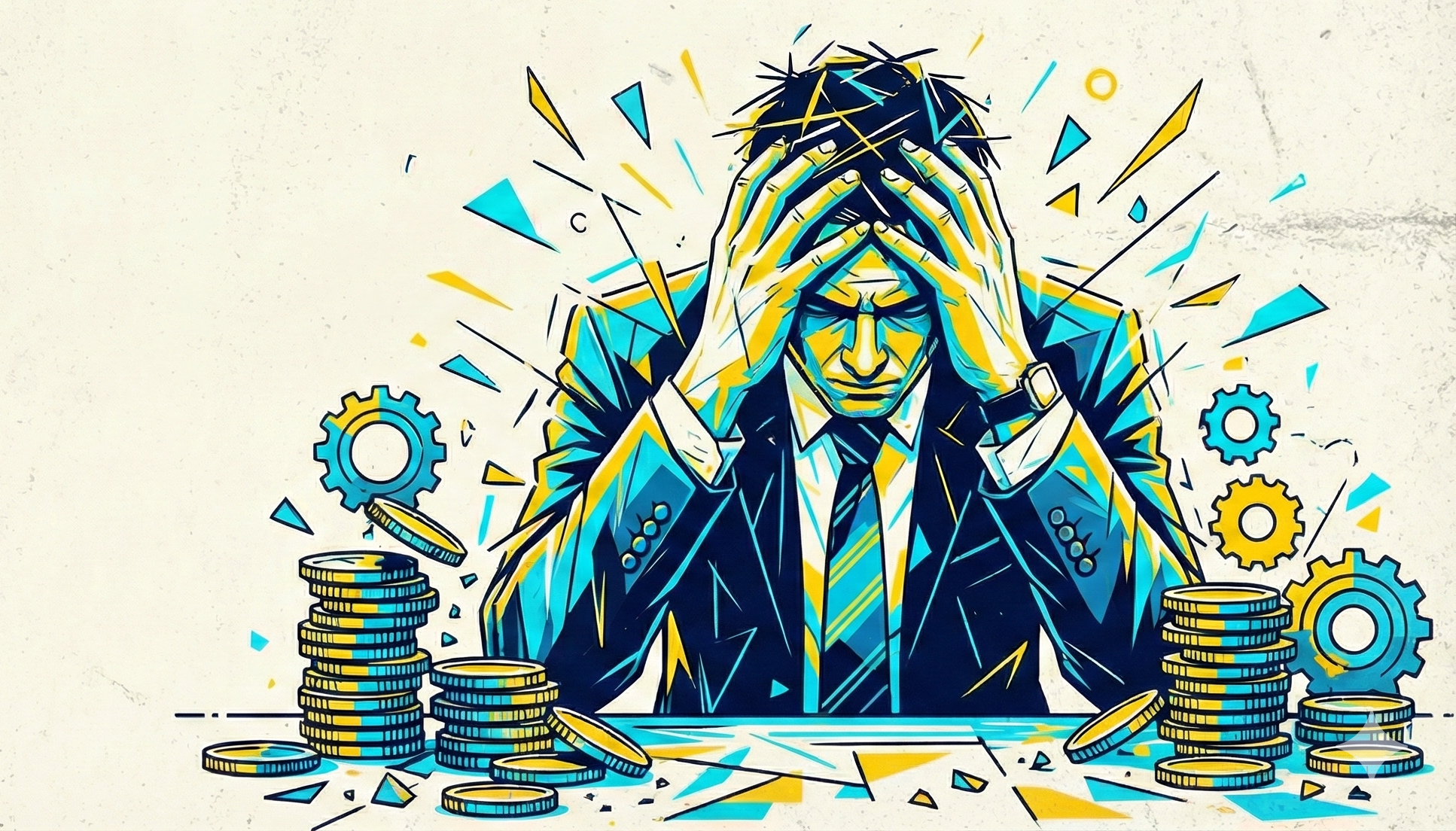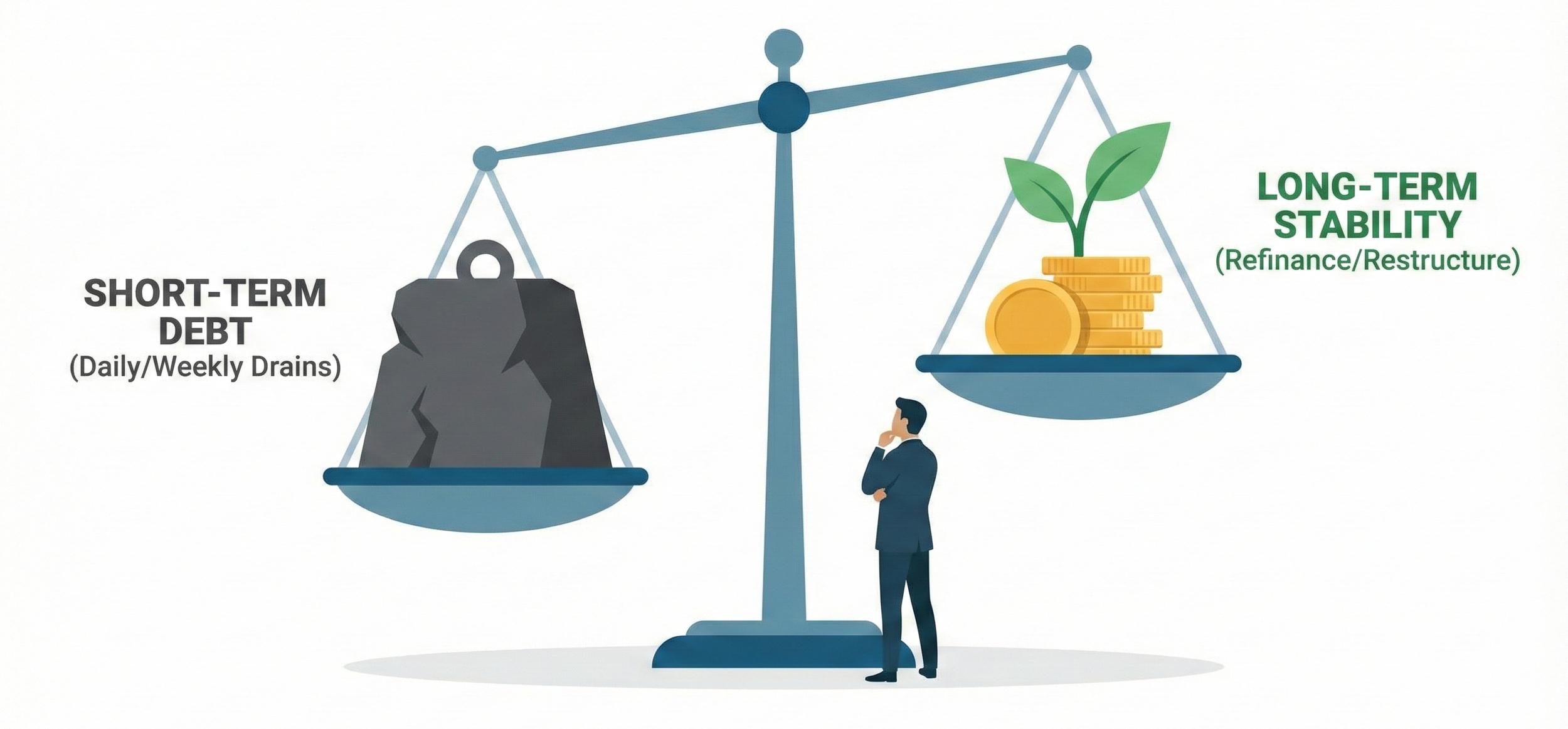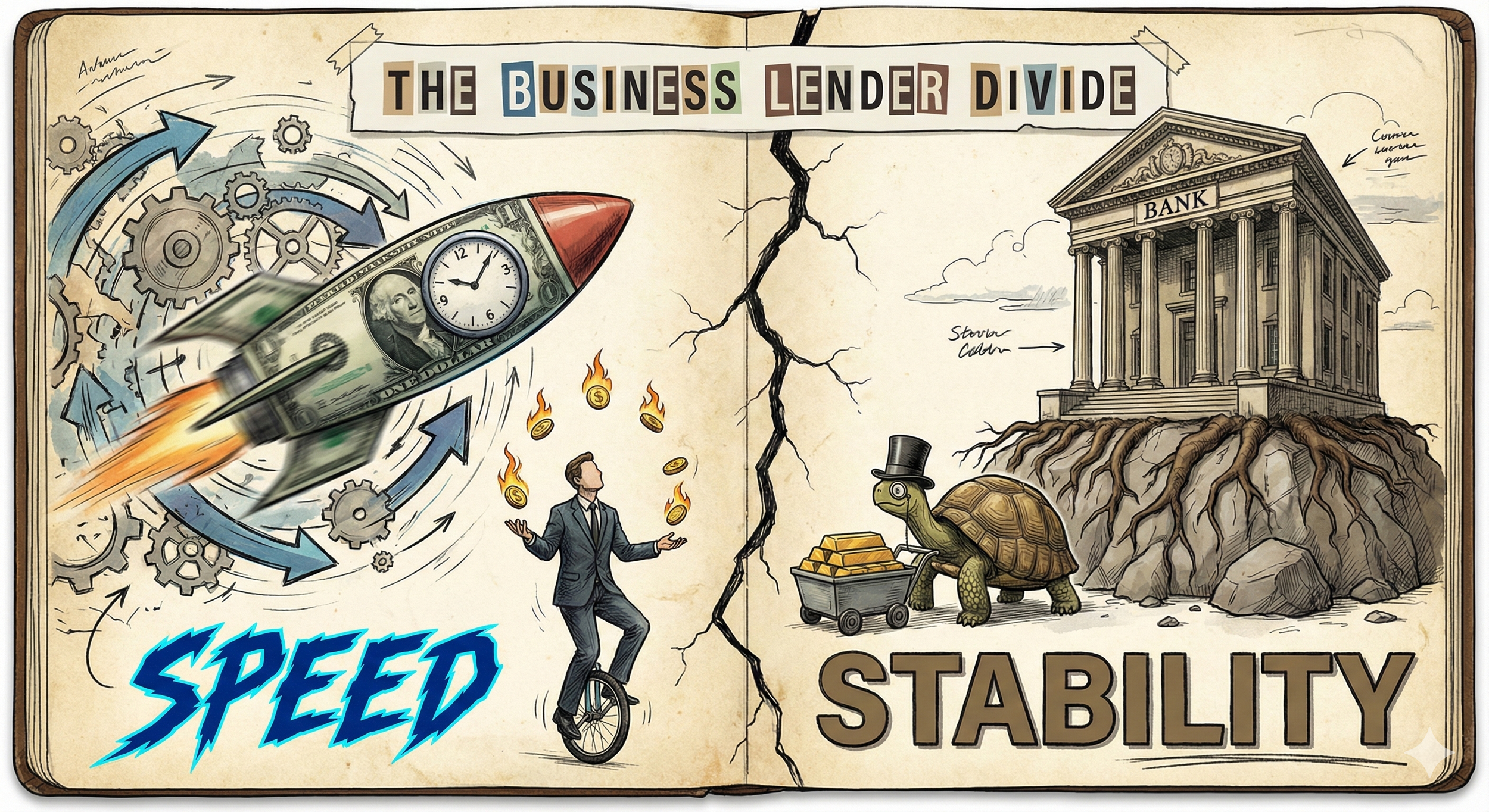Running a small business is often romanticized as a pursuit of passion and innovation, but beneath the surface lies a complex reality filled with significant challenges.
Among the most formidable of these is financial stress, a silent yet potent force that can undermine a business owner's most crucial asset: their ability to make sound, strategic decisions.
This article explores the deep-seated ways financial pressures can hijack your judgment, along with actionable strategies to fortify your mental and financial resilience.
The All-Encompassing Weight of Financial Strain
Financial stress is far more than a simple concern about numbers; it's a pervasive condition that infiltrates your mental and emotional state.
The constant, nagging worry about meeting payroll, managing cash flow, and keeping the lights on can lead to a state of chronic stress.
This isn't just an unpleasant feeling—it triggers your brain's primal "fight-or-flight" response, a mechanism designed for immediate threat survival, not for navigating complex business landscapes. When your mind is in this state, it prioritizes short-term survival over long-term strategic thinking, making it incredibly difficult to see the bigger picture.
This sustained pressure leads to a phenomenon known as cognitive overload. Think of your brain like a high-performance computer. When it's forced to run too many resource-intensive programs simultaneously, its processing speed plummets, and it can even freeze or crash.
Financial anxieties act like these demanding programs, consuming your working memory—the part of your brain responsible for immediate problem-solving and rational thought. With a significant portion of your mental bandwidth dedicated to worry, there's less capacity available for creative thinking, analyzing data, and evaluating opportunities, all of which are critical for effective business leadership.
The Insidious Effects on Judgment and Strategy
One of the most destructive consequences of financial stress is the scarcity mindset.
When you're constantly worried about not having enough, your focus becomes intensely narrow.
You become fixated on immediate, urgent problems, often at the expense of sustainable, long-term planning. This can lead to a flurry of reactive, short-sighted decisions made simply to plug immediate financial holes, like taking on a low-margin project or cutting corners on quality, which can ultimately harm your brand's reputation and growth trajectory. This myopic view can blind you to lucrative opportunities that require a long-term investment of time and resources.
Financial pressure also pushes decision-making to dangerous extremes, often leading to either heightened risk aversion or outright recklessness.
On one hand, the fear of losing what little you have can make you overly cautious, causing you to pass on valuable growth opportunities because the potential for loss feels too great. You might become paralyzed by indecision, missing out on crucial market shifts or a chance to innovate.
On the other hand, a desperate need for a quick fix can lead to impulsive, high-risk gambles. You might invest in ventures with a low probability of success, hoping for a "Hail Mary" that could either save the business or drive it into the ground.
Beyond these strategic missteps, chronic financial strain can directly stifle the very essence of innovation. Creativity, the lifeblood of many small businesses, thrives when the mind is free to wander, connect disparate ideas, and explore new possibilities.
However, when your mental resources are drained by anxiety, there's little room for this type of imaginative problem-solving. This lack of creative energy can prevent you from developing new products, refining your services, or creating the unique strategies that differentiate your business from the competition.
The Ripple Effect: Beyond Your Own Mind
The toll of financial stress isn't limited to the business owner's mind; it erodes their confidence and strains relationships.
Every financial setback can feel like a personal failure, leading to a vicious cycle of self-doubt.
As your confidence wanes, your decision-making becomes more hesitant, which can further exacerbate financial problems, confirming your fears and deepening the cycle. This lack of self-belief can make you reluctant to trust your instincts, even when they're right.
Moreover, the pressure can ripple through your entire organization. Your interactions with employees, business partners, and even customers can become strained and tense. This can lead to a breakdown in communication, a decline in team morale, and a significant drop in productivity.
A leader under immense stress may not be able to provide the clear, confident direction their team needs, causing the business's overall health to suffer.
Building a Foundation for Resilience
While financial stress is a formidable opponent, there are proactive measures you can take to mitigate its effects.
Seeking an external perspective is often the most effective antidote.
A trusted mentor, a business coach, a business financial advisor, or a peer group can offer an objective viewpoint that helps you see beyond the immediate pressures and make more rational, strategic choices. Their outside perspective can provide the clarity you need to break the cycle of reactive decision-making.
Building financial resilience is key.
This involves implementing robust financial practices, such as creating detailed forecasts, establishing an emergency fund, and diversifying your revenue streams. By building these solid financial foundations, you create a buffer that allows you to make decisions from a position of strength, not desperation.
Regularly reviewing your budget and identifying potential risks can help you feel more in control.
Understanding the profound impact of financial stress on your decision-making is the crucial first step toward overcoming it. By recognizing the signs, seeking support, and building both personal and financial resilience, you can protect your most valuable asset: your ability to lead your business with wisdom, foresight, and confidence, no matter how turbulent the waters may be.
What is the Best Way to Deal with Business Debt Payments that are Too High and causing Business Cash Flow issues?
It is NOT by stopping ACH payments.
It is NOT by taking on another business loan.
It is NOT ALWAYS a Refinancing
It is NOT by entering into a debt settlement program.
Find out the BEST strategies to get your Business back to where it was



















